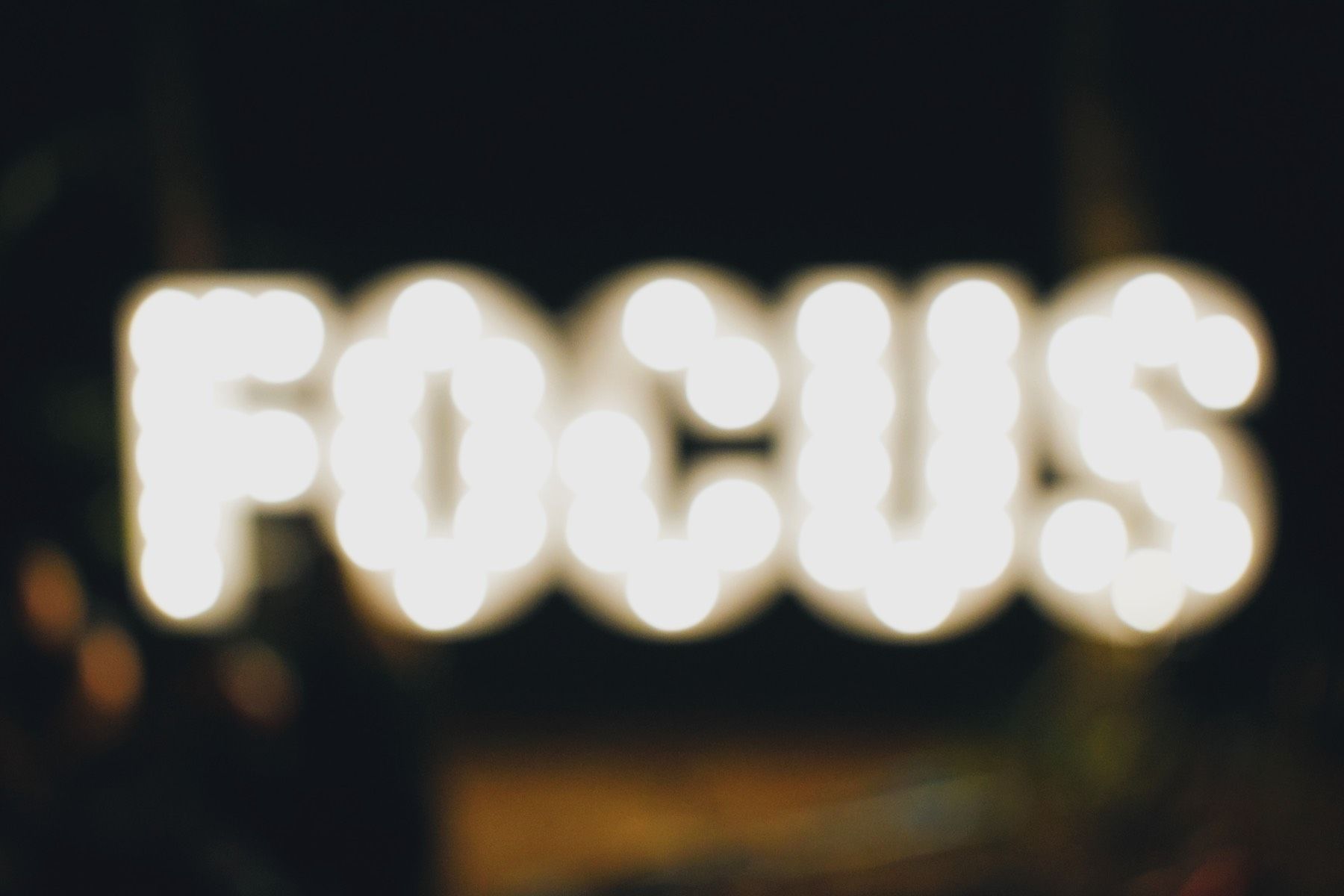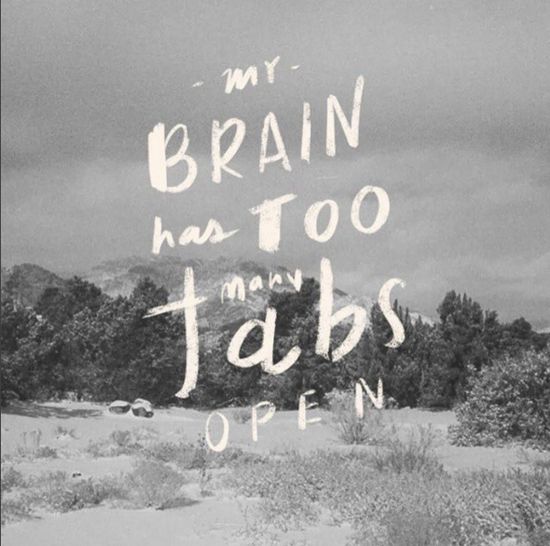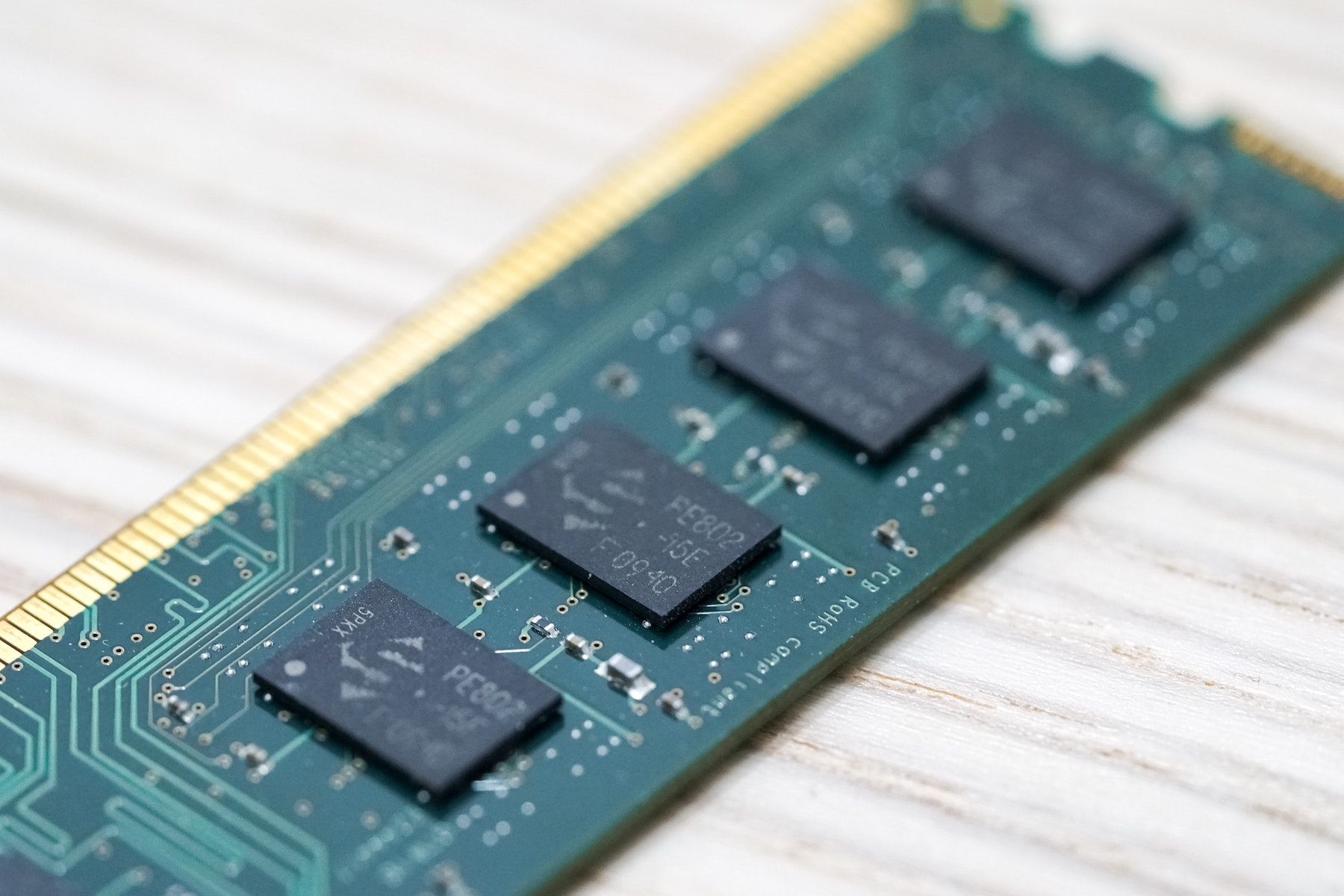What working from home (and living) with ADHD feels like.

Hint: My brain operates much like a hamster running on its wheel; always thinking and doing, but rarely feeling accomplished.
I’ve been working from home (WFH) for more than 10 years now, spending at least 8 hours a day in front of a computer screen. Sounds great, right? I get the luxury of working in my pajamas, and I don’t have to hire a dog walker or deal with a lengthy traffic commute.
While there are definitely perks to WFH, the honeymoon phase does not last forever. Work-life balance in my experience has always been a challenge—to any COVID-era WFHers that are reading this, I hope that doesn’t scare you! I think managing this balance can be a challenge for anyone, neurodivergent and neurotypical individuals alike because it requires skills such as multitasking, boundary-setting, discipline, and a good amount of compartmentalization. This is especially true if you aren’t the only one at home and have other responsibilities around the house (such as raising an energetic four-year-old like my daughter).
As a neurodivergent with ADHD and Tourette Syndrome, the WFH environment is extra challenging because I struggle with some of the very basic aforementioned skills. I'm going to share what it’s like working from home and the daily challenges I face, to give you a glimpse of what it’s like living with ADHD and (attempt to) explain how the ADHD brain works.

A brief explanation of what I do for work
To start, a little background: my line of work is in public relations, and I’m a project manager. At a higher level, my job is to get my clients in the news. My teams and I act as a middle man of sorts—in between our clients and journalists—to help secure media opportunities including interviews, podcasts, and “op-ed” type articles. Securing these opportunities requires strategy (coming up with a convincing story for the journalist, called a “pitch”), coordination and communication, and relationship building.
I love the creative and strategic aspects of the job that require me to think. Writing an article for your client and eventually seeing it published in the Wall Street Journal feels very rewarding. However, it's also a very fast-paced environment, since we work off the 24-hour news cycle that never sleeps. For example, if a breaking news story comes out that one of my clients can comment on, we must be able to jump on the opportunity almost immediately because new news becomes old news in a matter of hours.
Multitasking = no tasking
These days, I do more of the management side of things (hence my “project management” title), where I oversee multiple teams and clients. So in my current day-to-day, multitasking is a necessity. I often have several applications open at a time (chat, email, calendar, browser, tasks app, writing app), too many open browser tabs to count, and a steady stream of notifications from clients, coworkers, and journalists coming in throughout the day.

This information overload can quickly overwhelm me to the point of feeling “stuck” or “frozen”, where I will helplessly stare at the monitor—unable to decide on what I should do next. With multitasking and information overload, I respond in one of three ways:
- Take a step back using the tools I’ve learned to help me cope and make a mindful decision. This is the ideal response, but not always the most common reaction. More on this later.
- Attempt to do many impossible tasks at once, jumping back and forth from task to task. This ends up being counterproductive because something that should have taken 30 minutes to do takes a lot longer. Additionally, I’m unable to give my full attention to detail, or effort, to each task. Often, I will make careless mistakes when this happens, or forget things along the way, and it is incredibly stressful to work this way.
- Distract myself and do none of the tasks I should be doing. I’ve come to learn that this is a coping mechanism for many ADHDers. I’m basically avoiding everything I should be doing, and distract myself with something else that sounds “fun” or comforting, as an escape from everything that is overwhelming.
Reaction #3 is my least favorite because at the end of it all, I’ve literally done nothing that I should have done, putting me even farther behind. I become easily overwhelmed when I have many things to do at once because my brain is wired to function that way, which I will now explain.
Executive (dys)function
Nerd alert! Executive function is the set of cognitive skills, or processes—located at the frontal lobe of the brain—that impacts a person’s ability to plan, focus, remember, and multitask, among other things. You know, the important skills you need to have as an adult. Living with executive dysfunction, I have trouble doing all of those things not just at work but also at home.
Here’s a good example that unfortunately plagues me time and time again: Walking to my room to grab a pair of socks on my way out, but on my way to the room, at least 3 thoughts pop into my head of stuff that I need (or want) to do. I finally enter the room and have forgotten what I came there for. And usually, I end up with my nose right above the socks but spend another 5 minutes digging through my room to find them. It’s incredibly frustrating, and trust me, I wish it were as simple as “think harder” (which is a very common response and why ADHD is very misunderstood)—but that’s just not how my brain works.

The main executive dysfunction presented in the sock example is called working memory, or the ability to retain information in the short term. One of my favorite ways to explain the working memory (or short-term memory) of a human is to compare it to a stick of RAM, which is a computer’s equivalent of short-term memory. Oversimplified, RAM contains a finite number of memory “slots”. For visualization purposes, let’s say 10 slots. Each thought or idea that comes into memory takes up a slot, starting with slot 1. When all 10 slots fill up, new thoughts or ideas replace the existing ones, starting with the oldest (slot 1). The replaced thoughts and ideas become deleted and forgotten.
The human brain works just like this, but people with ADHD have downgraded RAM. Instead of 10 slots, we might have 4, so as a result we forget things much quicker than the neurotypical (non-ADHDer).
Learning to adapt
Obviously, I wouldn’t have the job I have today if I all I did was attempt to juggle and do everything at once and fail, or worse, not do it at all. I’ve had to learn tools and skills to help me adapt.
Regarding the previous example of multitasking at work and working memory, a to-do list and custom spreadsheet has been a vital tool to keeping a record of everything that my teams and I need to do. Not only is it a way of holding myself accountable for my forgetfulness and lack of working memory, but it’s also become great record keeping. And it means my teams and clients can trust me that I have my shit together (even though I feel like I don’t 😅).

Time… what’s time?
Aside from working memory, time-blindness and hyperfocus are probably my other toughest ADHD challenges I am faced with daily, both inside and outside of work. I didn’t realize this until I was officially diagnosed with ADHD less than a year ago, but time blindness can be described as an inability to perceive time. Just like a colorblind person that cannot see color, I often have no sense of time, as if it doesn’t exist. Hyperfocus is like tunnel vision, where I may be working on something or doing an activity, and everything outside what I’m doing doesn’t exist—I am fully entrenched in what I am doing in the current moment. The combination of both hyperfocus and time-blindness means I could be doing something for hours on end and completely forgetting that I was supposed to eat lunch an hour ago. Let alone, goto the bathroom, grab a glass of water, or respond to my text messages.
A good example of that? Literally, writing this blog. 😂 I think I’m 2 plus hours into writing this, when I had no intention of writing a blog at all today—it started with a personal journal entry I was writing this morning. How do I cope? Timers. Alarms. Reminders about timers and alarms. The louder and brighter, the better. Obviously, those didn’t work today, oops. The benefit of hyper-focusing (at least in a work environment), is that when I can do one thing at a time, I’m usually very good at it. I tend to go deep into learning or writing about a certain topic, which in my field of the (highly technical) technology public relations, is a good skill to have.
Alas, I still have not yet had my lunch, am parched, and need to pee. 😁 Thanks for reading! 🍻